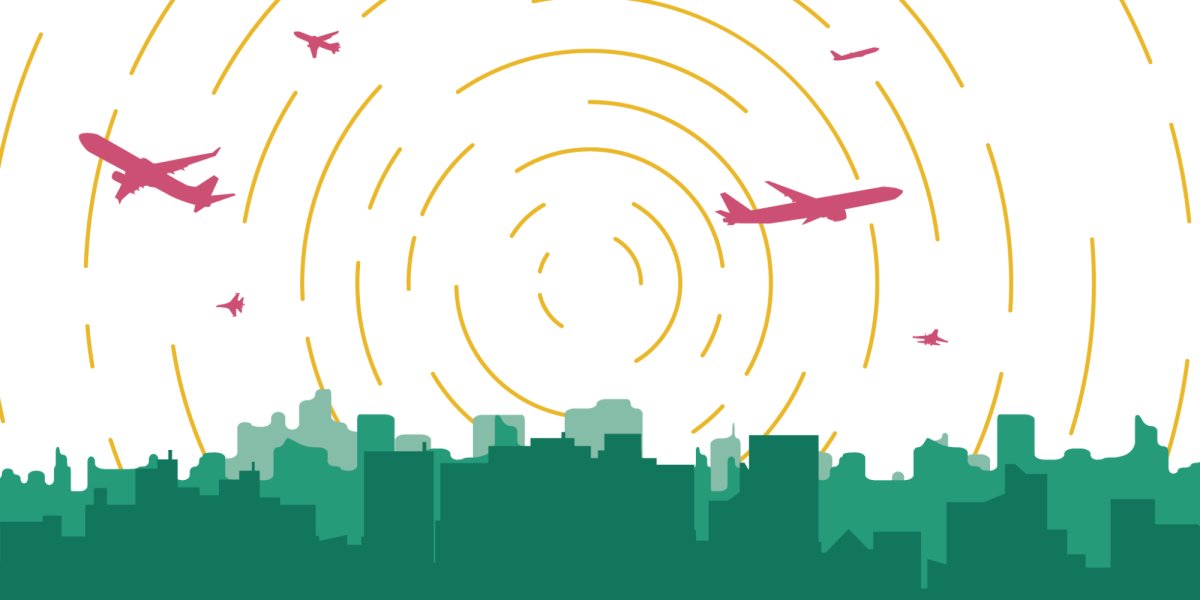Understanding GPS Jamming and Spoofing
GPS jamming, also known as ‘scrambling’, is the deliberate blocking of satellite communications, forcing aircraft to rely on alternative navigation systems. A more dangerous form of interference is ‘GPS spoofing’, where the aircraft is misled about its actual location.
The Impact of GPS Interference
In regions like the Baltic Sea and Eastern Mediterranean, GPS interference is a daily occurrence, with suspected attacks originating from sources like Kaliningrad. The motives behind such interference range from disrupting military operations to causing inconvenience to commercial flights.
Commercial Flights vs. Military Aircraft
- Commercial aircraft have sophisticated navigation systems with redundant options in case of GPS failure.
- GPS jamming is more challenging at higher altitudes where commercial planes operate.
- Instances of GPS jamming affecting commercial flights, like the suspension of flights to Tartu airport, highlight the potential risks.
Global Impact of GPS Interference
Reports indicate widespread GPS interference in conflict zones, affecting not only aircraft operations but also civilian services like dating apps.
Response from Aviation Authorities
- Regulators downplay the impact of GPS jamming on airline safety, citing redundant navigation systems on commercial planes.
- Airlines like Ryanair and easyJet acknowledge intermittent GPS interference but assure alternative navigation measures.
Financial and Operational Implications
While compensation for flight disruptions due to GPS jamming remains a grey area, airlines face operational challenges in managing crew duty times and flight schedules.
The Future of Navigation Technology
Efforts are underway to develop un-jammable navigation systems using quantum technology, but widespread adoption is still years away.
As conflicts persist, the aviation industry must adapt to the reality of GPS jamming as a long-term challenge.
















































